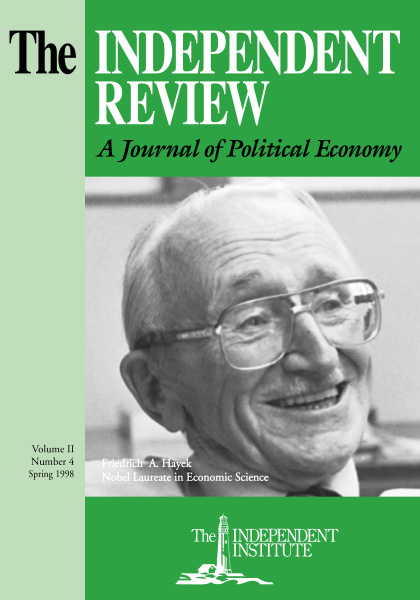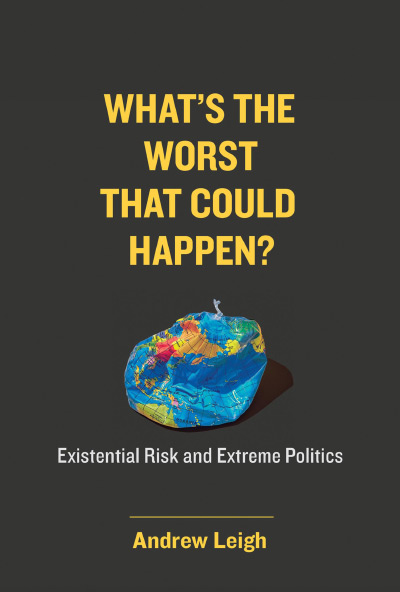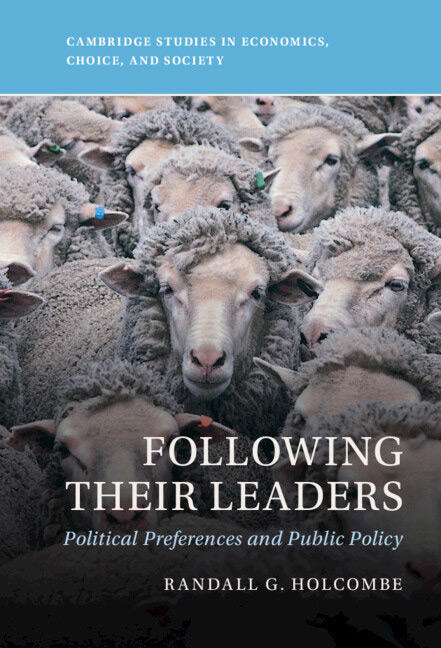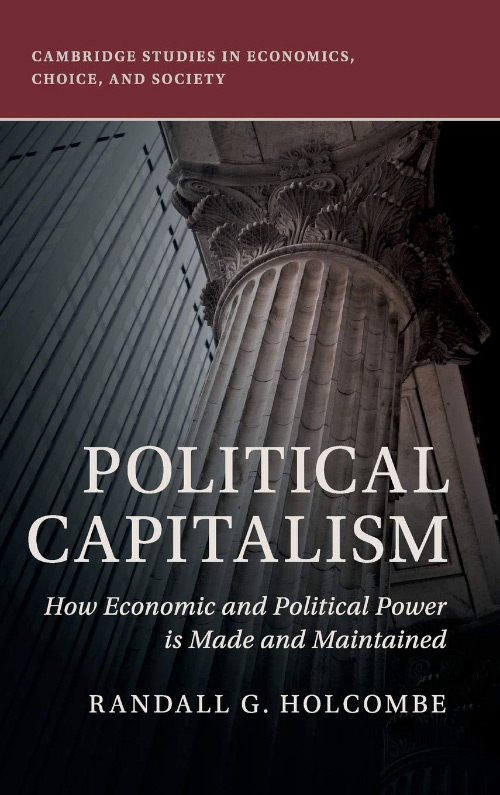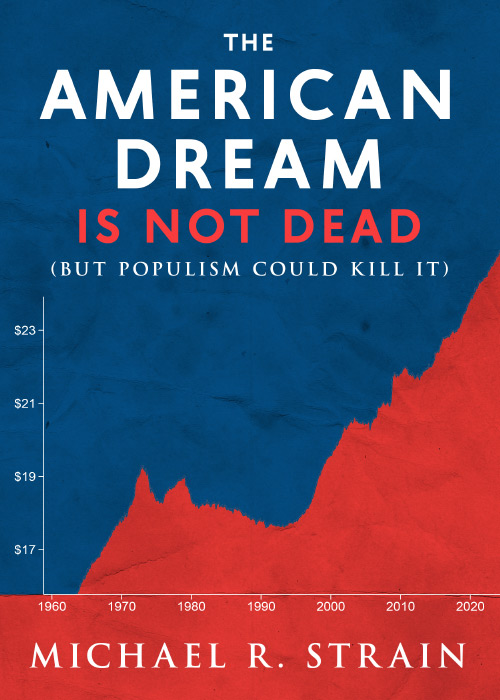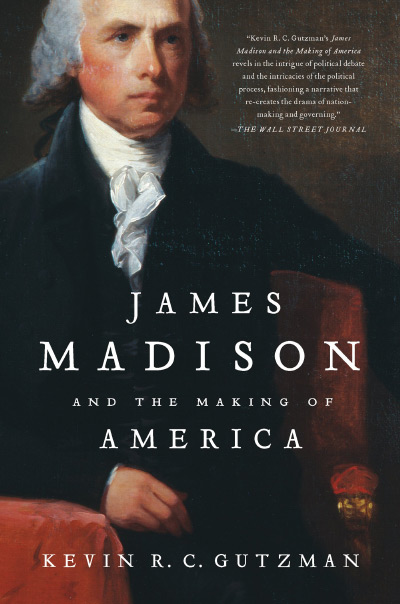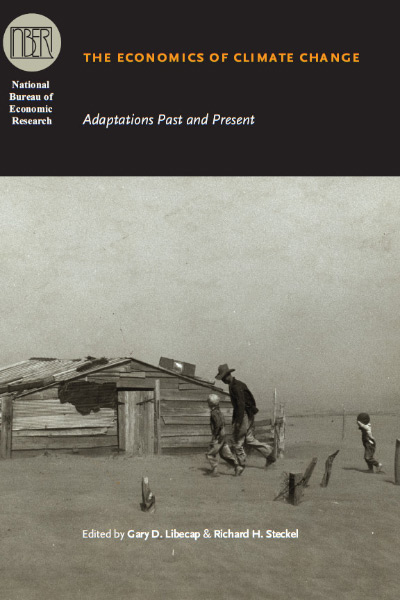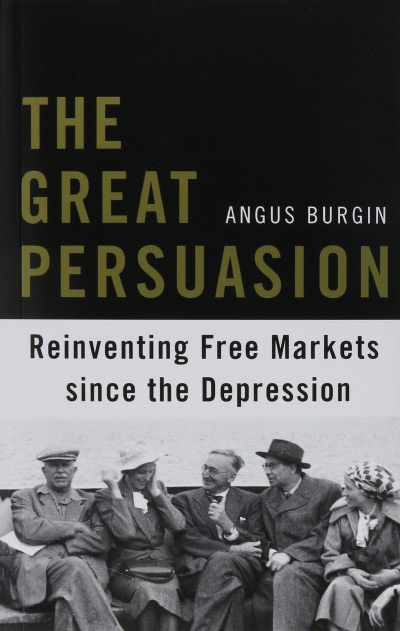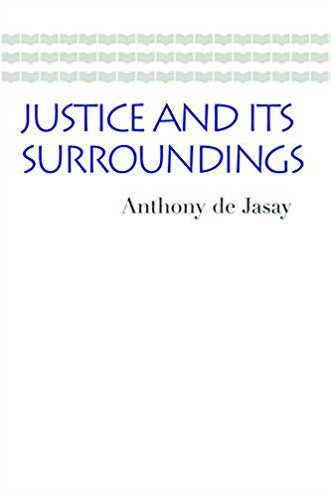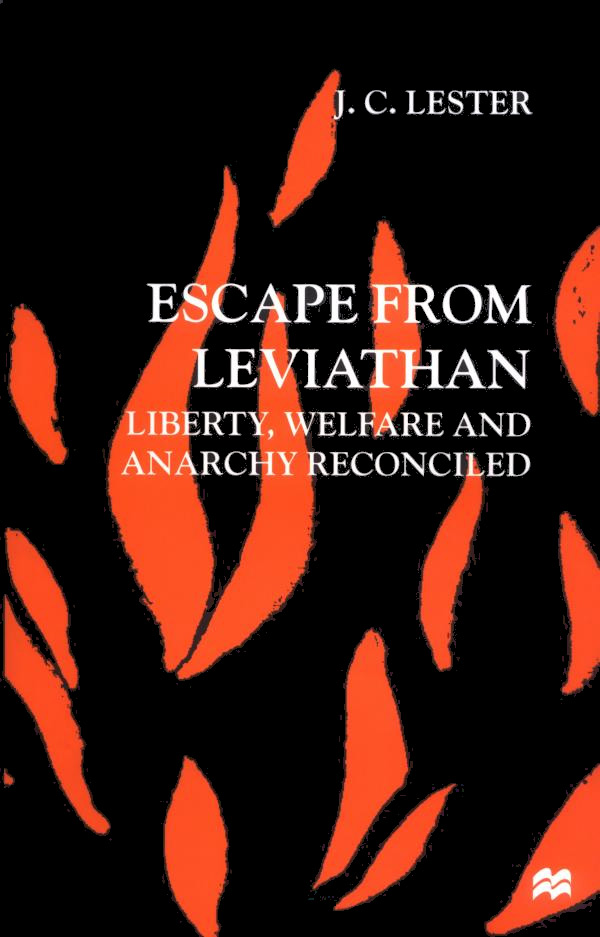It is a rare treat to review a book with which one is in nearly complete agreement. Darío Fernández-Morera writes about the prevalence of Marxist and sub-Marxist ideas in American academic life with awareness and concern. Discredited globally (one would have thought), Marxism and its offspring and assigns–the vast array of critical theory, postcolonial studies, sectarian feminism, multiculturalism, structuralism (regular and “post”), and all the postmodernisms–thrive in American universities, where they work to undermine whole disciplines. Like the Old Dope Peddler of the Tom Lehrer song, they do well by doing good. The public notices them only when some egregiously goofy manifestation such as “political correctness” becomes briefly controversial or the butt of well-earned satire. The iceberg goes unseen.
The present work is intended to rescue this important topic from neglect. Fernández-Morera shows how Marxist ideas unite “practices” and “practitioners” across a range of academic fields. He is able to turn their hideous jargon back on them as he writes of their drive to “unmask” “the evil bourgeois ‘Other’” while they build Marxist “hegemony” over various fields of study. Through judicious use of quotations, he allows the suspects to convict themselves.
Fernández-Morera “interrogates his sources”–to use the slightly sinister-sounding phrase of E. P. Thompson–to shed light on such key issues as the Marxists’ views about knowledge and truth, about power, ethics, and the evident failure of actually existing socialism. A final critical chapter and a conclusion round out the treatment, which is thorough, if not friendly, throughout. Fernández-Morera sometimes adds a little suspense by not naming a quoted contemporary writer. I found myself leafing ahead to the notes to find which learned weasel had delivered the amazing pronouncement just cited.
Regarding the critical matter of the bases of knowledge, Fernández-Morera finds that “materialist discourses” (his short term for Marxism and its relatives) affirm “epistemological and ethical collectivism.” Big entities such as society and class “construct” the individuals in them. All thought–with the odd exception of “materialist discourse”–is partial and “ideological,” merely reflecting the class interests of the parties who produce it. “Truth” is relative, dialectically changeable, a form of “hegemonic discourse” to be deconstructed and unmasked as partial by discoursing materialists with time on their hands.
Fernández-Morera rightly refers to this doctrine as a form of “polylogism,” which, as Ludwig von Mises noted, asserts that the logical structure of the human mind differs from class to class (or race to race). Thus each class, race, or aggregation of people has its own “truth” (waiting to be unmasked?).
Materialist discourse, exempt from the whole knowledge problem, is ready to serve. It does so by looking into the real relations of power that liberalism, conservatism, Christianity, and so forth have obscured. The critical theorists, Fernández-Morera notes, reason as follows: Things have always been “X”; “let us use X for the creation of better people and a better world” (p. 17). Thus, in spite of republicanism and liberalism, someone always beats people over the head with a stick. This condition is unalterably given. Let us therefore see to it that the right people (the formerly oppressed) wield the stick from now on. (It would be mere bourgeois sentimentality and escapism to attempt to control or eliminate power.)
To accomplish this laudable goal, theorists must study all the existing oppressions, including many subtle ones not yet theorized. Thus materialist discourse proceeds by means of what Fernández-Morera calls “the hermeneutics of suspicion.” (Others call it the Total Critique of Society.) No person, institution, or practice is safe from theory’s “colonizing gaze” (so to speak). As all knowledge is contested and truth is “true” only for a community of practitioners, one would like to know just how the discursive materialists acquired their Archimedean poû stô (place to stand) from which they overturn everyone else’s truths with their mighty lever of left-wing guilt and indignation. It is a great mystery of the faith, as Fernández-Morera more or less concludes. He who doubteth, anathema esto.
The consequences of all this are a bit daunting. All knowledge is suspect, but the “truths” proclaimed by the oppressing classes/races/genders/species are “privileged discourses” meant to perpetuate their hegemony and are (therefore?) outstandingly incorrect, evil as judged by history (the Future) or something. How this seemingly ethical notion gets smuggled into materialist discourse is an interesting question, but for present purposes it suffices to know that the unjust classes/races/genders are reducible to male persons of European ancestry. This recognition simplifies the task considerably, and even though many practitioners of the materialist arts are such themselves, well, at least they feel very bad about it.
Their assertion that no final truths (except Marxism) exist does not keep the Institute of Red Chefs from preparing recipes for social betterment. Far from it. In fact, they have quite a program. As Fernández-Morera shows, these projects amount to the Politicization of Everything. The personal is political, private equals public, and the whole “bourgeois” notion of privacy falls by the way. Rather than leading the workers to the barricades, the practitioners have put down their pails where they are and are busy reducing literature, art, music, history, and the great globe itself to objects of materialist analysis.
If this activity destroys all our traditional understanding of cultural life, then so much the better. For these guys, “there can be no innocent reading of Peter Rabbit,” as a parodist of this humorless dreck writes. Fernández-Morera finds that the critical theorists’ will-to-power leads them to relativize even the natural sciences. Scientific “truth” consists of the opinions of yet another set of interpretive communities, so science is like literature, and literature is fiction. Fernández-Morera traces this assault to Thomas Kuhn’s sociology of science, but I wonder whether it results from a willful misinterpretation of Kuhn by the critters. (“Critters” denotes those who pursue “critical legal studies,” the same program applied to law, but the term deserves wider application to all practitioners of the red arts.) In principle, then, nothing stands before materialism’s aggressions–no inherited wisdom, no “great books,” no “authors” (who as individual social subjects are entirely constructed by society), no fish or fowl.
Matters get worse, of course, as Fernández-Morera shows in a chapter (3) on the materialists’ notion of power and two chapters (4 and 5) on “materialist ethics” (the search for the ultimate oxymoron need go no further). Power is inevitable, and total power will be just fine in the hands of the practitioners, who will use it only to reconstruct everything totally. The vanguard of theorizers (whose overlap with the new class is worth noting) will lead themselves and everyone else to this happy state because the working class has renounced its historical role in favor of consumer goods. (They learned all this from Antonio Gramsci and the Frankfurt School.) Practice will see us through, and the revolution will be its own justification.
Materialist ethics flow from the simplified two-class model of social conflict, which easily survives various transformations from bourgeoisie versus proletariat–into Europeans versus persons of pigment, for example, or into males (especially European) versus females, depending on the needs of the moment. (Opportunism of theory, meet theory of opportunism.) The point is to redress all the wrongs ever done by inverting relations of power. Fernández-Morera makes the important point that this redress is not actually as simple as “from each according to his abilities, to each according to his needs” (p. 73). Only a simple-minded bourgeois would think that equality actually means equality (before the law, for example). Marx himself long ago began the explanations of how egalitarianism implies the empowerment of new people, and Bolshevik reverse discrimination (p. 69) merely put the dialectical understanding of equality into practice. Fernández-Morera has no trouble relating all of this to the present-day U.S. policies of social racialism known as affirmative action (pp. 77—80). As for personal achievement and mere economic life, one must always remember that “society” makes it all possible. No social subject (“individual”) has a prior claim on what he has produced, and society’s far-seeing commissars, guided by correct theory, will deal with all “surpluses” after their bountiful wisdom.
In a very penetrating and entertaining discussion, Fernández-Morera deals with armies — egalitarian but hierarchical — as the ideal socialist institution (p. 85), along with egalitarianism in U.S. state schools (grade inflation and so forth) and new proposals for “communitarianism” (the great Clintonite buzzword), “national service,” and state economic management. These last items he brings quite reasonably under the rubric of the corporative state of Italian fame (pp. 80—86). He makes chillingly clear that the ongoing Bolshevization of American intellectual life can only reinforce the cancerous growth of various forms of therapeutic and egalitarian statism.
The manner in which Fernández-Morera conducts his inquisition is quite illuminating. He glides gracefully along from one set of repellent sources to another as he lets his materialists explicate successive themes. On any point he typically cites the classic perpetrators (Marx, Lenin, Trotsky, Mao), their cousins (Mussolini, Giovanni Gentile, and some Germans), more distant cousins (John Dewey), recent Soviet writers, and, of course, contemporary American and British academics, all of whom — by some odd philosophical coincidence — can be shown to be saying much the same thing!
The inclusion of “fascist discourse” — what these worthies actually said — is one of the best features of the book. A connection here has been noted but seldom pursued by the academic sheep. The “genealogy” ought to interest some of those earnest Foucauldians out there. Hugh Thomas and A. James Gregor consider fascism “a heresy of the Left,” but the Left has never found this idea very fetching. Similarly, the wonderful affinities between American pragmatic liberalism and fascism await, as far as I know, their Homer and Virgil. (Critics as different as M. Stanton Evans and Murray Rothbard have noted the resemblance.) Marxism and fascism, whatever their family quarrels, owe a great deal to the same sources, and the question arises whether a load of nineteenth-century German idealism, French social engineering, and faulty Ricardian economics properly composes a “materialist” theory of anything. (Marx just picked up the word at the lost-and-found, and the real owners can’t get it back.) Further investigation, no doubt, would reveal a lot of incest in the family lines of Comte, Hegel, Marx, and (sometimes) Nietzsche, with the odd bastard like John Dewey and Paul DeMan perhaps traceable to cross-cousin fornication.
Fernández-Morera devotes two chapters (6 and 7) to the topic of how the practitioners deal with the collapse of formerly “really existing socialism” circa 1989. The discussion presents some of his best work as an ironist, although this commendable quality runs through the entire book. One strategy, or “maneuver,” is Denial, invented by Leon Trotsky to explain why the workers’ revolution had defenestrated him, and much used ever since. It consists of saying that homicidal dictatorship A, B, or C professes to be — but isn’t really — socialist. Its regime is redefined as state capitalism, a bureaucratic or Bonapartist deviation, an Asiatic Mode of Production, or something else. Actually existing fellow travelers did, of course, believe that Stalinism was socialism but had the option of Denial when reality set in. (The academic Sovietologists and their counterparts in U.S. “intelligence” also believed Soviet Russia to be a successful socialism and even took Soviet economic growth figures seriously.)
A variation was Denial/Acceptance, wherein those disappointed to learn that Stalin had killed more people than Hitler (the apparent world standard for these things) could affirm that Mao Zedong was building socialism; then, on finding out that Mao’s casualty figures surpassed Stalin’s, they could shift their hopes and allegiance to Fidel Castro, Pol Pot, or “somebody” (the Young Pretender). A third maneuver was to claim that “socialism would have turned out to be much better had capitalism not continued to be around to corrupt it” (see pp. 110—12). A fourth dodge declares that socialism had its problems but capitalism is destroying the planet, dude, and so colossal megastatism remarkably similar to used-to-be-actually-existing socialism will be necessary to save it. Market socialism provides another fall-back position (Fernández-Morera compares the term to “jumbo shrimp”), as does Misery as an Ideal (socialism’s failure to deliver prosperity being taken here as a sort of ascetic asset). Last comes socialist salvation by faith alone (the “radiant future” will come someday).
It is hard to do justice to this densely packed and significant book. We owe a debt of gratitude to Fernández-Morera for slogging through so much of the practitioners’ oeuvre. (I have slogged through a lot of it myself but was never brave enough to see in detail what the critters have done to literature.) The author (who does exist) knows his classical-liberal and conservative writings as well and uses them to good effect. He understands the importance of Austrian economics and the centrality of the calculation problem, as expounded by Mises, Hayek, and Rothbard, to the theoretical health of the materialist project. (It doesn’t look good.)
Fernández-Morera relates the academic popularity of materialist discourses to the socialist environment in which the professors work. I only wish he had done more with the theme of the “new class” of déclassé intellectuals on the road to power. If the most the practitioners achieve is to drive students and the intelligent reading public (if that bourgeois construct still exists) out of the humanities and social sciences and waste a lot of time and resources doing it, then the damage will be limited. I don’t think they want to settle for this outcome, and their desire to reconstruct society from the ground up makes them the great danger to which Fernández-Morera directs our attention. Castor oil, anyone?
| Other Independent Review articles by Joseph R. Stromberg | ||
| Winter 2012/13 | Onward, Secular Soldiers, Marching as to War | |
| Summer 2012 | Jack of No Trade, Masters of War | |
| Spring 2011 | William F. Marina as Teacher and Historian: Some Early Impressions | |
| [View All (7)] | ||

